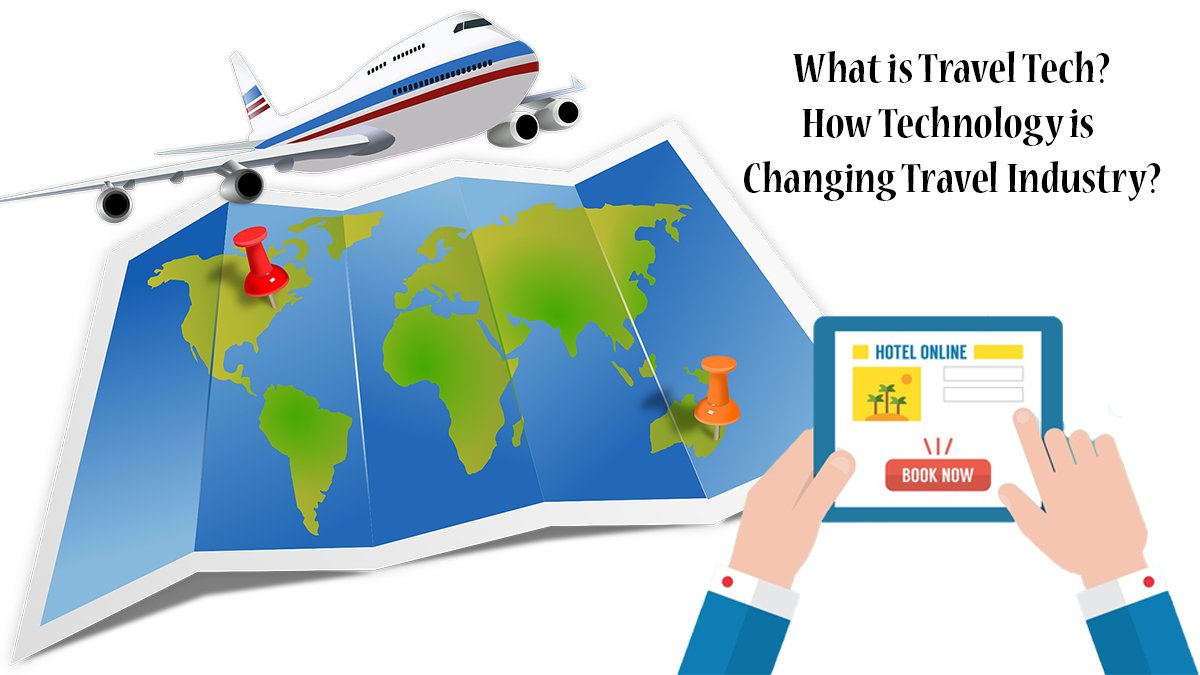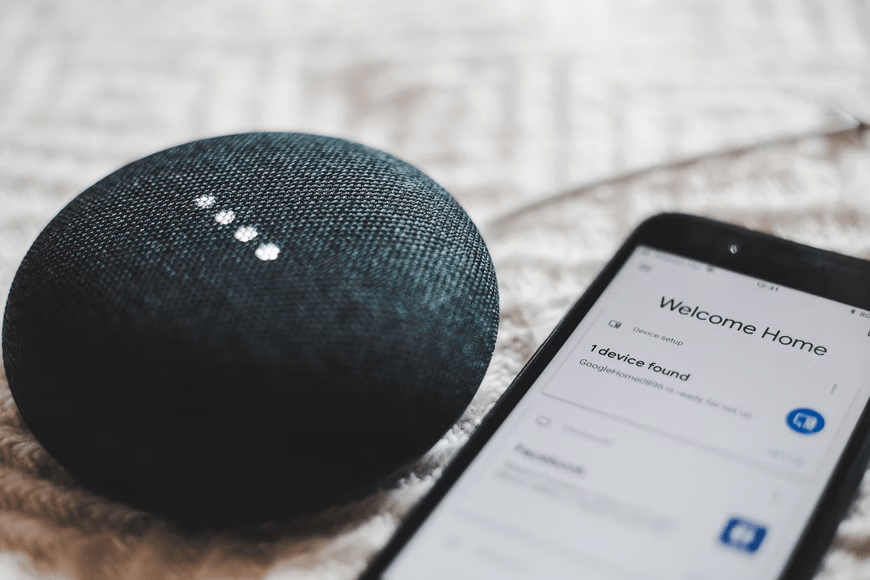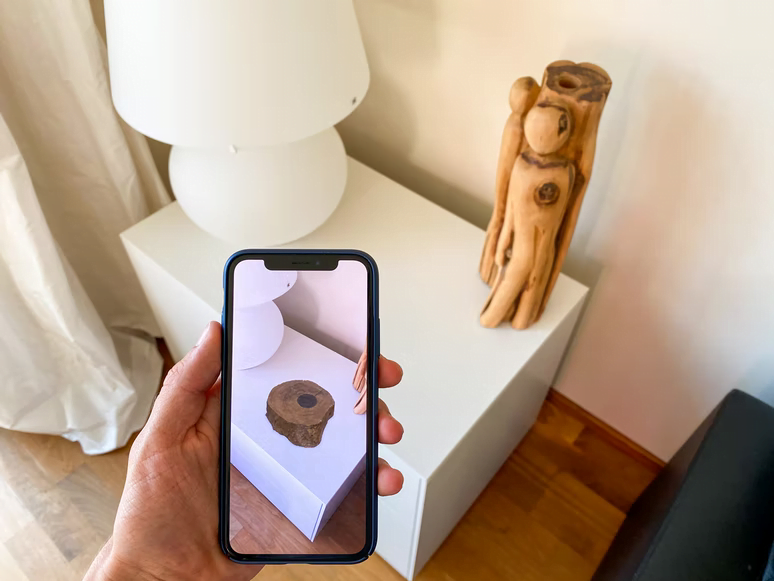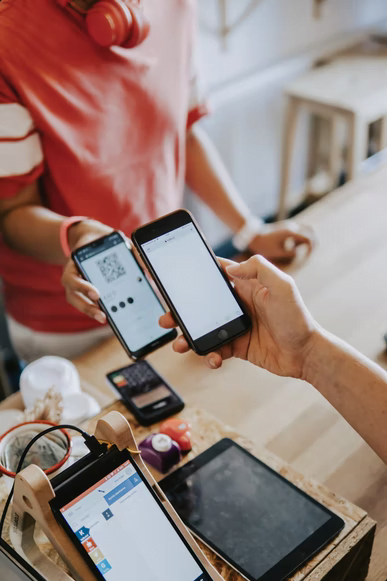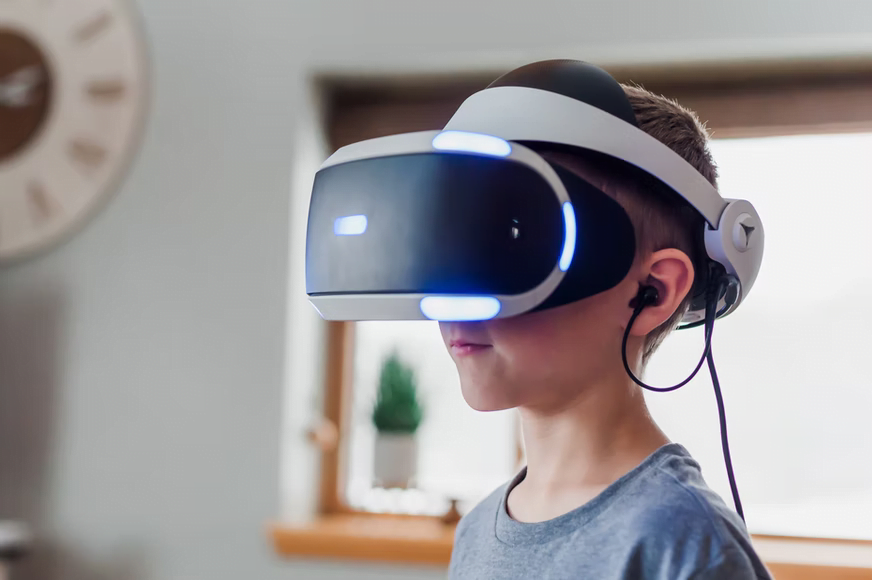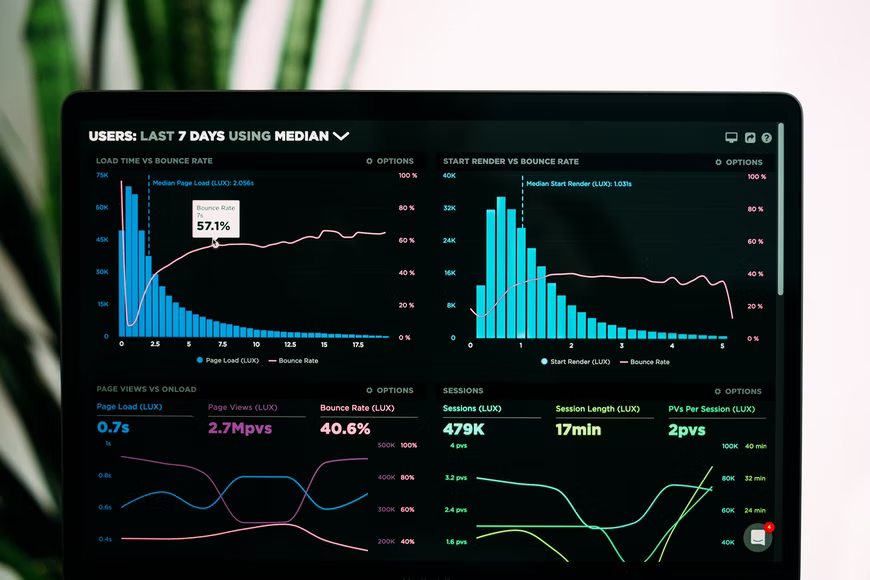Introduction
Travel tech or technology is indispensable. This broader concept is one of the aspects of the IT sector that came into effect only to improve the airlines, tourism, and hospitality industry strategically.
Airlines is the first industry impacted by the advantages of travel technology. Currently, tourism and hospitality have also come into the pipeline as significant players in travel tech.
The travel industry consisting of tourism and hospitality is effectively streamlining its processes with the application of travel technology. There are various ways this technology is being implemented into the system.
We’ll deep dive into the definition of travel technology, its benefits, positive impacts on the travel industry, real-life examples, and daily scenarios in this article below. So, here you go!
What is Travel Tech Or Travel Technology?
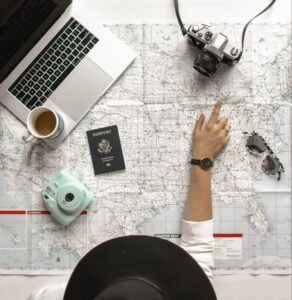
Travel tech is when we leverage IT, or ICT, in the tourism, travel, and hospitality industry. Thus, it’s a broader concept that assists businesses in streamlining and enhancing the travel experiences for customers.
This technology can be deployed to improve the customer experience before, during, and after the trip.
It consists of trip planning, automated travel processes, managing bookings, payments, itineraries, and other back-office operations of travel agencies.
Travel tech is modifying how travel companies or agencies target travelers and offer travel services via an online platform.
With the onset of travel technology, customers can plan, book, manage and review their travel experiences within minutes just with a button.
This technology is further called the driving force of automation in the travel industry. Travel tech was associated with CRS (Computer Reservations System) of the airline’s sector from the very beginning.
Thus, travel technology is also known as tourism technology, e-tourism, virtual tourism, hospitality automation, and virtual tour.
What Are The Benefits of Technology in Travel?
Travel tech includes various processes like I-tours, city audio guides, biometric passports, etc. We’ll throw light on different key features of functions of travel technology in this section below.
Let’s take the instance of Airbnb or Uber as the most modern game-changers evolving technology since the classic era. It used to be a concept of the past when travelers stayed in the homes of others either as welcoming guests or paying guests.
And, now this evolution is being undertaken by some advanced technology innovators like Airbnb or Uber, etc.
Implementing travel technology into your travel business could be the most rewarding decision you’d ever make. We’ve listed down some Key Benefits of Travel Tech if implemented correctly.
- Increased operational efficiency
- Reduction in costs
- Automated travel procedures
- Improved customer experience
- Maximized revenues
- Less time consumption
- Online booking and search facility
- Multiple payment options
- Ease of connection with global API suppliers
- Increase in customer base with an enhanced global presence
- Simplistic reservation management with proper evaluation, design and development of the software deployed.
The technological trends are there in the travel industry too. So we have to be vigilant about what’s happening around us and leverage the benefits accordingly.
Below are some of the critical roles or trends in travel technology to help you explore travel marketing in more detail. So, let’s check out how travel technology is being operated in a practical scenario.
Technology That Enhances Traveling Experiences
Internet of Things (IoT)
IoT is one of the best gifts of the IT industry, which can be seen in its most practical usage in the tourism and travel industry. IoT allows interconnectivity between various smart devices to send and receive data.
This technology has its best use in hotel rooms and airlines especially. Customers can be given various IoT devices in hotel rooms to automatically turn on/off the machines.
On the other hand, the luggage or suitcases of passengers are connected with sensors so they can easily track their belongings. However, these are only some of the instances. IoT is evolving to serve more advanced purposes in the travel industry.
Augmented Reality (AR)
Augmented reality is when you augment a person’s surroundings to give them a particular experience. Nowadays, this technological advancement can be observed in various tourist places.
Implementation of AR into tourism can maximize the travel experience. This is best stated by the example of the Story of Forest exhibition that took place in the National Museum of Singapore.
Here’s the excellent video to enjoy that experience: https://youtu.be/OMv92DpcgfI
AI Chatbots
Image Source – Freepik by pch.vector
AI chatbots or travel bots are other innovative players in the travel industry. They are swifter even than human interactions and help resolve customer queries more efficiently.
The chatbots also help save time spent in answering common and repetitive queries. In such conditions, AI chatbots can be configured accordingly with standard answers.
Again, AI chatbots are extensively used in the hotels and the airline sector. Some of the best examples include Juliet by WestJet, Chunk by Megabus, Edward by Edwardian Hotel, and more because travelers love chatbots.
Contactless Payments
Contactless payments are another significant and crucial function of injecting travel tech. It has drastically improved the customer experience as they may not always be available with cash or credit/debit cards at all points.
And, with the oncoming of the COVID-19 pandemic, contactless payments have become more of a necessity. Devices that support this technology will display a WiFi logo turned 90 degrees on its side.
Let’s imagine that a guest wishes to make a reservation at your premises for a moment. They will first hold the card or device within two inches of the processing machine when prompted.
Assuming that the system recognizes the card and approves the transaction, the green signaling light notifies the guest, a beep, or a similar means.
The debit and credit cards can likewise be connected to a smartphone by downloading a dedicated application provided by the institution in question. They can then process a transaction with a simple tap on the screen.
Voice Control & Voice Search
AI assistants, smartphones, and smart speakers have all contributed to the growth of the travel industry. Tons of people around the globe are leveraging the voice search and voice control feature to find their hotels or airlines tickets etc.
Some of the good examples include Alexa for hospitality, Expedia Skill for Amazon Alexa, and Smart Pack Assistant on Google Home by KLM, etc.
Virtual Reality (VR)
Customers can experience everything from virtual restaurants to virtual hotels tours via VR. See below 360 Degree VR Guided Tour and explore the incredible experience.
However, the use of VR technology in the travel industry is still in its infancy stage; we can still observe some of the ongoing applications, such as virtual tours of hotels and virtual travel experiences as guided in the YouTube video mentioned above.
Artificial Intelligence
Artificial intelligence is another thing not to be overlooked, especially when it comes to the evolution of travel gadgets or electronics. Currently, various forms of AI are used in airports these days.
Thanks to AI, travelers can virtually visit travel agencies to look for accommodations and book flights. In addition, chatbots are deployed on various social media handles for a more personalized experience.
Big Data
One of the very facts of your present and future life is big data. As a result, different companies around the globe have been able to employ various data collection techniques successfully.
By allowing several evidence-driven decisions, big data is helpful to the travel industry in multiple ways. It includes the accurate anticipation of future demand, better optimization of pricing strategies, precise target marketing, and overall improvement in customer experience.
Recognition Technology
Recognition technology is another major contributor to launching seamless or contactless interactions. This technology includes facial recognition, fingerprint recognition, retina scanning, and various other techniques of biometric identifications.
Some of the best examples include passport control at the airport which provides passport or facial scanning. In addition, such technology is used in hotel rooms to enter with fingerprint recognition, check out with facial scanning, etc.
How is Travel Tech Changing the Travel Industry?
Undoubtedly, travel technology is polishing the travel industry with the trends mentioned above. However, various other trends are also present, and new ones are evolving to modify this industry.
It is revolutionizing the way we travel while making our travel adventures more fun and convenient. For example, almost 39% of hotel bookings are made through smartphones, according to FCM Travels.
The same study has also revealed that around 22% of people found smartphones as handy devices for flight bookings.
Here are some fascinating statistics on online travel bookings by Condor Ferries.
- 70% of travelers use smartphones for travel research
- 33% of travelers plan their trips with the help of a virtual travel assistant
- 82% of 2018 travel bookings were made without a travel agent
- 66% of all travelers make their bookings online
- 83% of consumers in the US prefer making their travel bookings online
- 80% of travelers rely on reviews on TripAdvisor before making bookings
- 72% of consumers won’t make a booking before reading online reviews
Real-Life Examples That Uses Technology in Travel Business
First, let’s look at some of the ground-level examples where robotics technology is extensively used to attract tourists and travelers or even operate entire hotels.
Increasingly, customers seek self-service methods, which makes the automation provided by robots appealing to hotels, travel agents, and other businesses.
Travelmate: A Robotic Suitcase
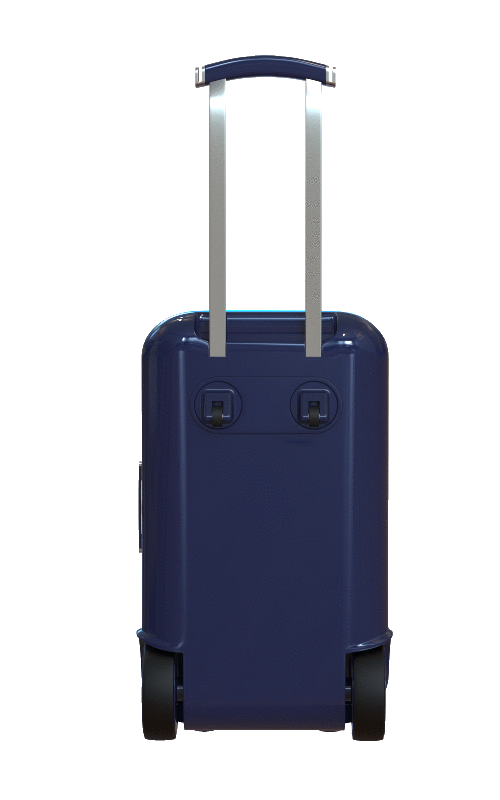
Travelmate is a robotic suitcase that can follow the owner around autonomously. It is designed with 360-degree turning capabilities and collision detection technology to remove the need to carry it. It operates on its own.
Robot-Staffed Hotel
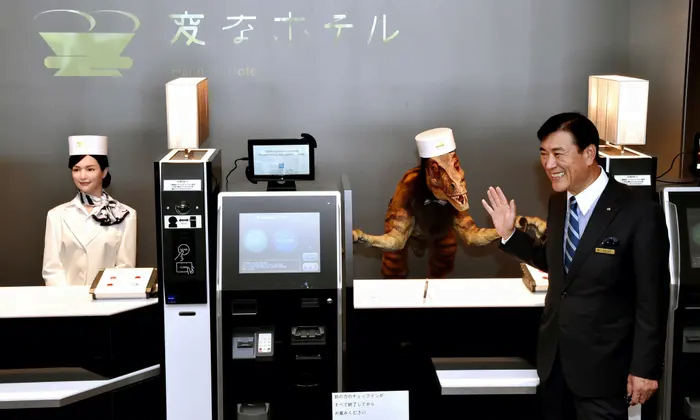
There’s a robot-staff hotel in Nagasaki in Japan named as Henn-na hotel. This hotel is identified as the world’s first robot-staffed hotel. Here, the robots are used on the front desks and for storage purposes via AI, facial recognition, and voice control & voice search.
Security Robots on Airports
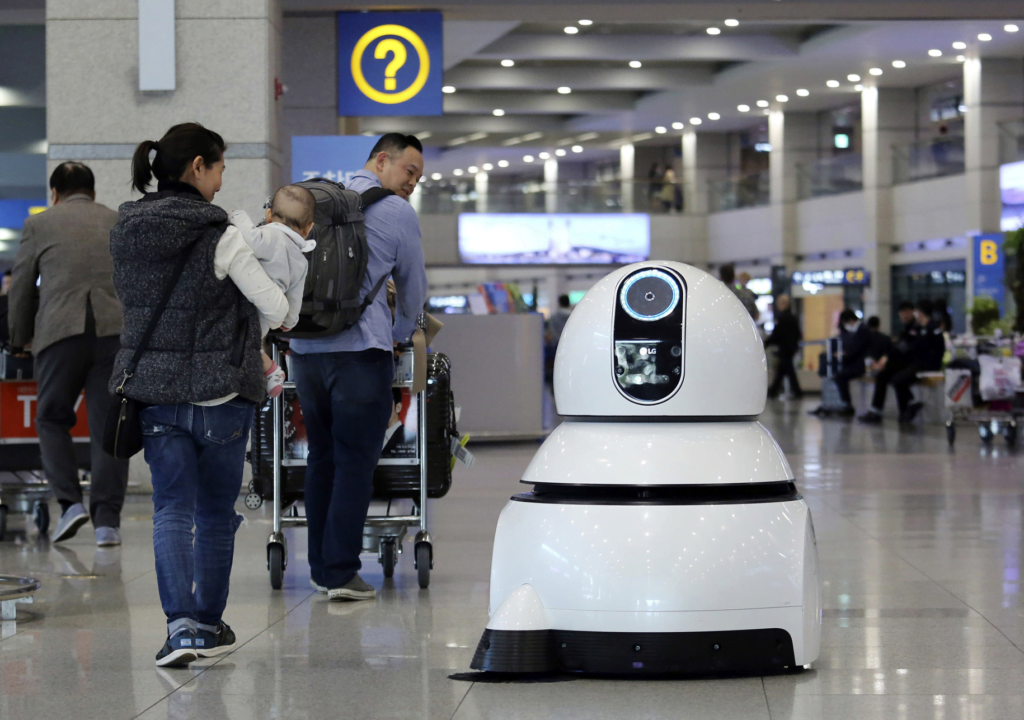
The Knightscope security robots are being deployed in various locations at airports for security. They can easily detect concealed weapons or other hidden items that aren’t permitted on flights.
Best Travel Apps / Travel Sites of 2022
LoungeBuddy
You can use this LoungeBuddy, an airport lounge research app, to get a relaxing airport experience. You can research the availability of lounges in different airports and even book some of them through this app.
Airbnb
As we’ve already mentioned, Airbnb is a unique and innovative rental properties app designed to research and book stays in the location where you’re traveling.
Now, you’re booking a place in someone’s house present in that traveling location, and they have some rules listed on the Airbnb app to let you in. But, all in all, bookings through Airbnb are mostly effortless and reliable.
Tripadvisor

AllTrails
Sometimes or even most of the time, doing a fun activity outdoors or even exploring a particular area is what we call adventurous travel. AllTrails is your best buddy if you’re wandering particular hiking or trailing locations in your area.
PackPoint
What should you pack for your trip? First, tell the PackPoint app about your trip — such as where you wish to travel, the duration of your trip, and what activities you plan to do — and bring you a checklist of different items you won’t want to forget.
This might not be a list for every situation, but it can help you remember some of the necessities.
How Does Travel Technology Implement in Your Daily Routine?
Tech for travel has made our lives easier and more convenient, and it’s the only reason we love using it in our daily routine. The tasks that could take hours or even days can now be quickly finished within a few minutes by simply tapping on your smartphone’s screen.
Due to the following reasons, we’re admiring the travel tech daily:
Swift Planning
With the onset of efficient travel technology, you don’t have to spend hours planning your trips. Instead, you can check for the availability of hotels, and flights, prepare your packing lists, and more through the rewarded travel tech.
Seamless Traveling Experience
Traveling couldn’t be that smooth ever before without introducing travel technology. Everything is so sorted and well organized that you experience the whole traveling journey.
Incredible Interconnectivity
Technology helps us stay connected with the globe 24/7, and that’s entirely incredible! If you cannot take time off work, you can work from a remote location. Apart from that, you can keep in touch with loved ones.
Easy Access to Travel Electronics/Travel Gadgets
We’re grateful to live in this tech era as we’ve various travel gadgets around to improve our traveling experience further. The best examples of travel gadgets consist of smartwatches, GPS devices, VR cameras, air drones, and more.
Final Words
So, that’s how technology in the travel sector has changed the way we explore! The novelty of constant online connections and instant communication may have begun to wear thin for older generations, but the next wave of advanced generations have no such qualms.
Their tech-dependent lifestyles are already causing considerable changes in both the professional and private spheres. So the difference may be inevitable…unless the Wi-Fi cuts out, of course.
Travel can be a big commitment, so it’s essential to be as prepared as possible for an upcoming trip. With the ideal and reliable travel apps by your side, you should feel awesome on your journeys, whether it’s in the U.S. or abroad.
The best apps are available on the App Store and Google Play, so it shouldn’t matter if you’re using an Apple iPhone, a Samsung Galaxy, or another device.

